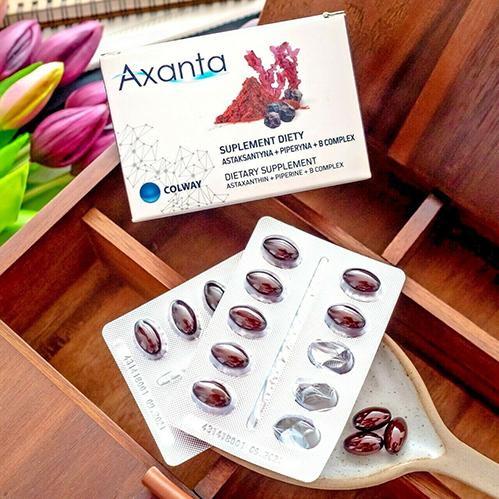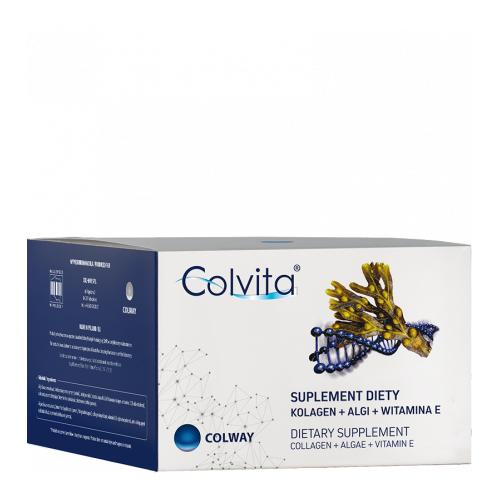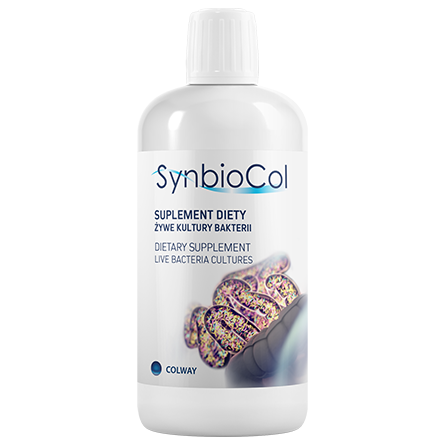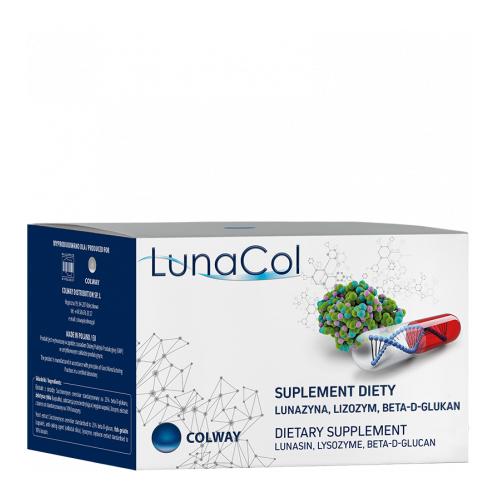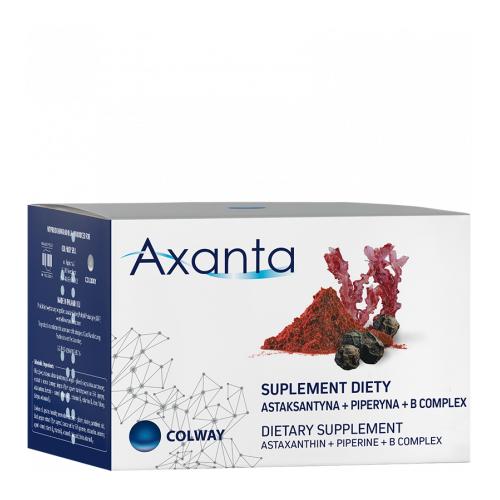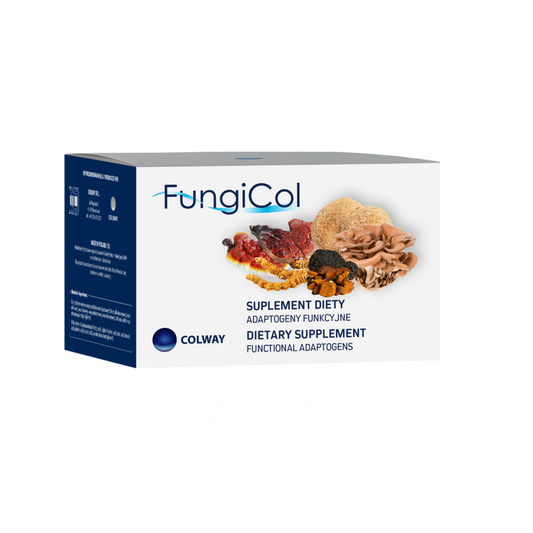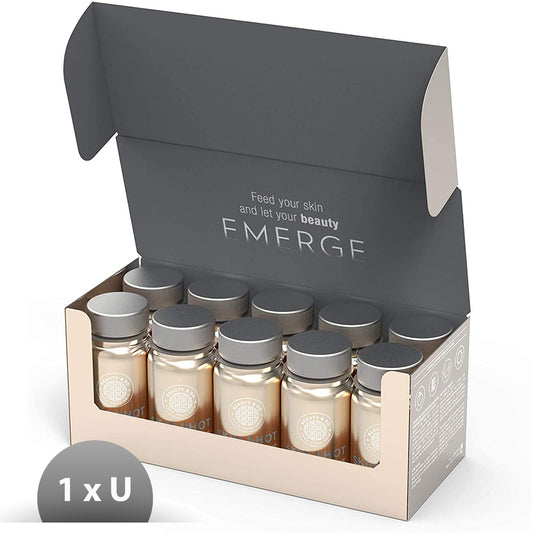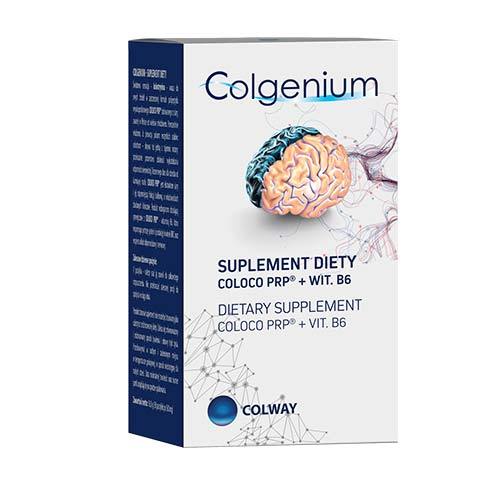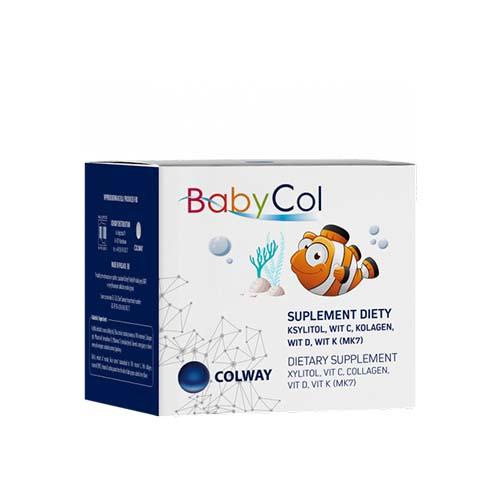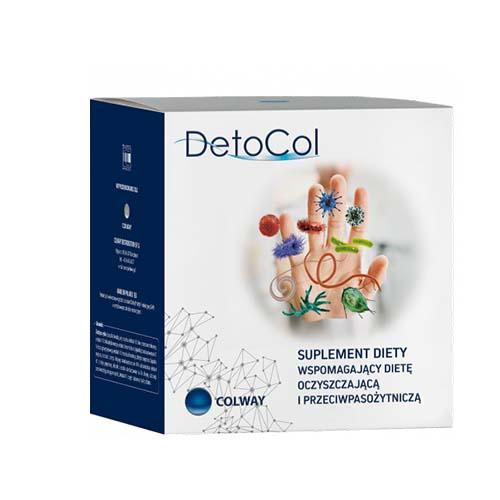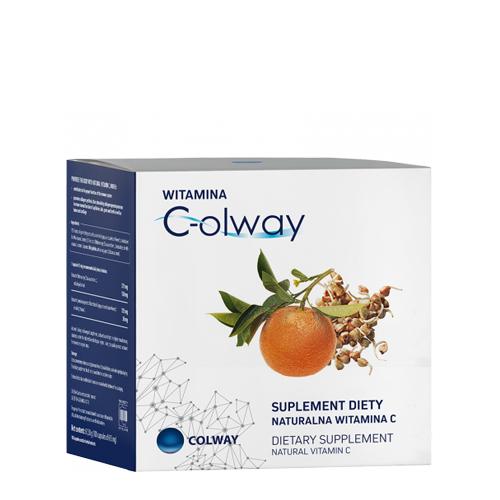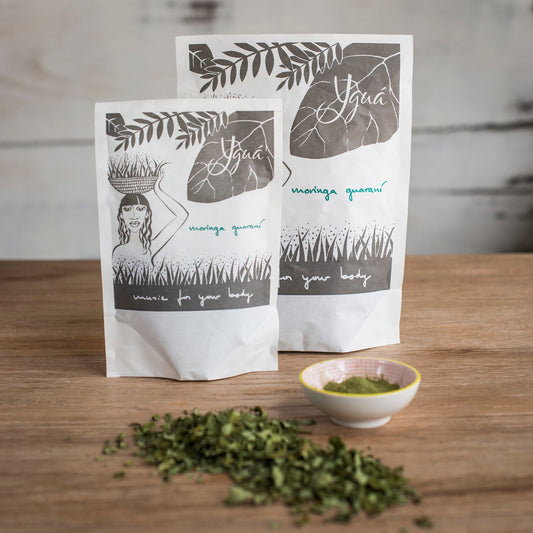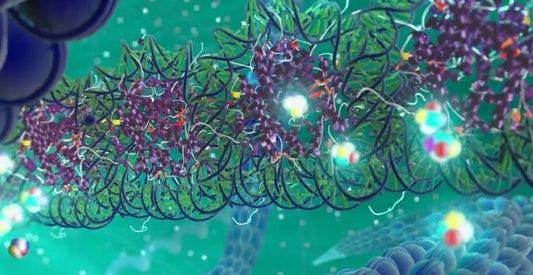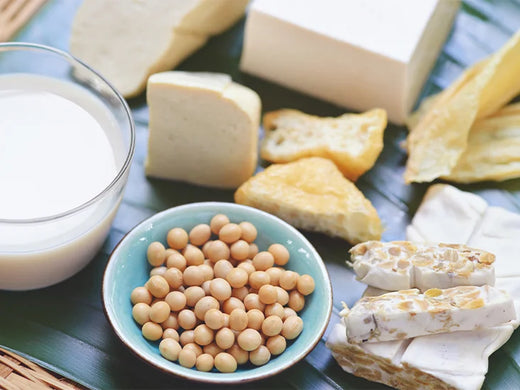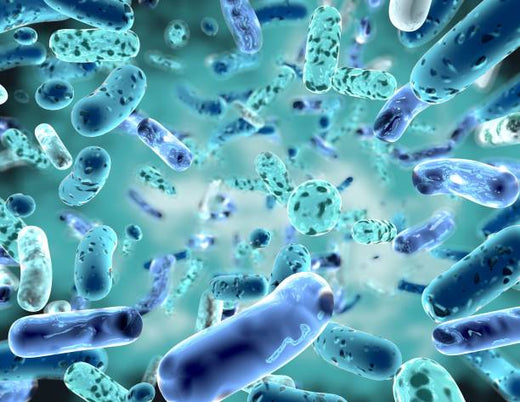You apply cream every night and drink tons of water, but the secret to glowing skin might actually be this hard-to-pronounce antioxidant. Astaxanthin, the pigment that makes salmon and flamingos their pretty pink hue, is actually a potent carotenoid that can help protect skin from damage, wrinkles, and other signs of aging.
Astaxanthin deserves a starring role in your skincare routine and for other amazing health benefits.
How free radicals drive aging.
As you may remember from high school science class, free radicals are unstable molecules that, due to normal reactions within the body, have unpaired electrons. Desperate to match your lone electron, free radicals try to steal them from other cells in your body, causing damage. The buildup of this damage, called oxidative stress, can eventually lead to chronic disease, cognitive decline, and visible signs of aging, like wrinkles.
Simply put, oxidative stress is like rust in our bodies formed by oxidation and it accelerates aging and disease. While oxygen free radicals are normal components of cellular metabolism, they can become a problem if produced uncontrollably. Of course, the usual suspects like sun exposure, smoking, and pollution produce free radicals, but so do some more amazing (and quite necessary) normal processes like eating and breathing.
Antioxidants, the fighters of free radicals.
So what can you do to minimize free radical levels and prevent oxidative stress? Our bodies have a built-in defense system: antioxidants. Antioxidants are a class of free radical-fighting compounds that work by donating one of their electrons to unstable free radicals, effectively neutralizing them.
The body produces some of these free radical scavengers, but we rely on diet and supplements for many antioxidants. They are one of the things that make fruits and vegetables so healthy.
What is astaxanthin?
Antioxidants are grouped by their distinct properties into "families," called carotenoids, flavonoids, polyphenols, and more. Carotenoids are responsible for giving red and orange foods their bright hues. But, more importantly, they have been linked to cardiovascular and visual health, among other benefits.
Although vitamin A and beta-carotene are two of the most well-known carotenoids, astaxanthin, a marine-derived antioxidant found in salmon, has been crowned "King of Carotenoids." This is because astaxanthin is five times more potent than beta-carotene, the good stuff in carrots, and 6,000 times more potent than vitamin C.
Also, unlike its carotenoid counterparts, astaxanthin does not act as a "pro-oxidant" at high concentrations. Other carotenoids, under certain conditions, such as high concentrations, can turn against you, acting as pro-oxidants instead of antioxidants, triggering the damage they are supposed to block.
What are the benefits of astaxanthin?
So what can the "King of Carotenoids" do for you?
1. It can promote healthy aging of the skin.
Did you know that 90% of visible skin damage can be attributed to sun exposure? Free radicals are responsible for it. Sun exposure increases the production of free radicals. Free radicals trigger a chain of events in your body that begin to cause visible damage, including the breakdown of your collagen and elastin, causing your skin to wrinkle, sag, and appear thinner. However, antioxidants, especially astaxanthin, can combat all skin stress caused by free radicals.
In fact, astaxanthin acts almost like an internal sunscreen, blocking damage from UVB rays and controlling the resulting inflammatory response. Studies show that astaxanthin delays damage induced by UV exposure, which means less painful bright red skin now and fewer wrinkles later.
However, as powerful as astaxanthin is, it should not replace sunscreen. But adding this supplement to your routine, along with *daily* application of sunscreen, can keep your skin glowing from within.
Already suffered a sunburn or two in your day? It's not too late. Research has shown that the super antioxidant astaxanthin not only helps block skin damage, but can actually support the healing process.
2. It can support cardiovascular health.
From some cancers to poor digestion, it has been linked to oxidative stress. So it's no surprise, as a potent antioxidant, astaxanthin has far-reaching benefits. Its properties to fight free radicals have been indicated to promote cardiovascular, cognitive and vision health.
When it comes to heart health, astaxanthin can help maintain good HDL (good cholesterol) levels, maintain healthy triglyceride and LDL (bad cholesterol) levels, and maintain healthy blood pressure.
3. It is good for brain health.
Additionally, astaxanthin may help maintain cognitive health. * This is because it can cross the blood-brain barrier, providing powerful antioxidant support to the brain.Studies have shown that astaxanthin can improve attention, memory, and information processing in older adults.
4. It can help tired eyes.
You probably remember that your mom told you to eat the carrots to get a better view. And it turns out that she was right. Carotenoids and astaxanthin in particular are known for their role in eye health. Astaxanthin supplementation may help the eyes recover from prolonged screen time and maintain healthy visual function.




















































































































